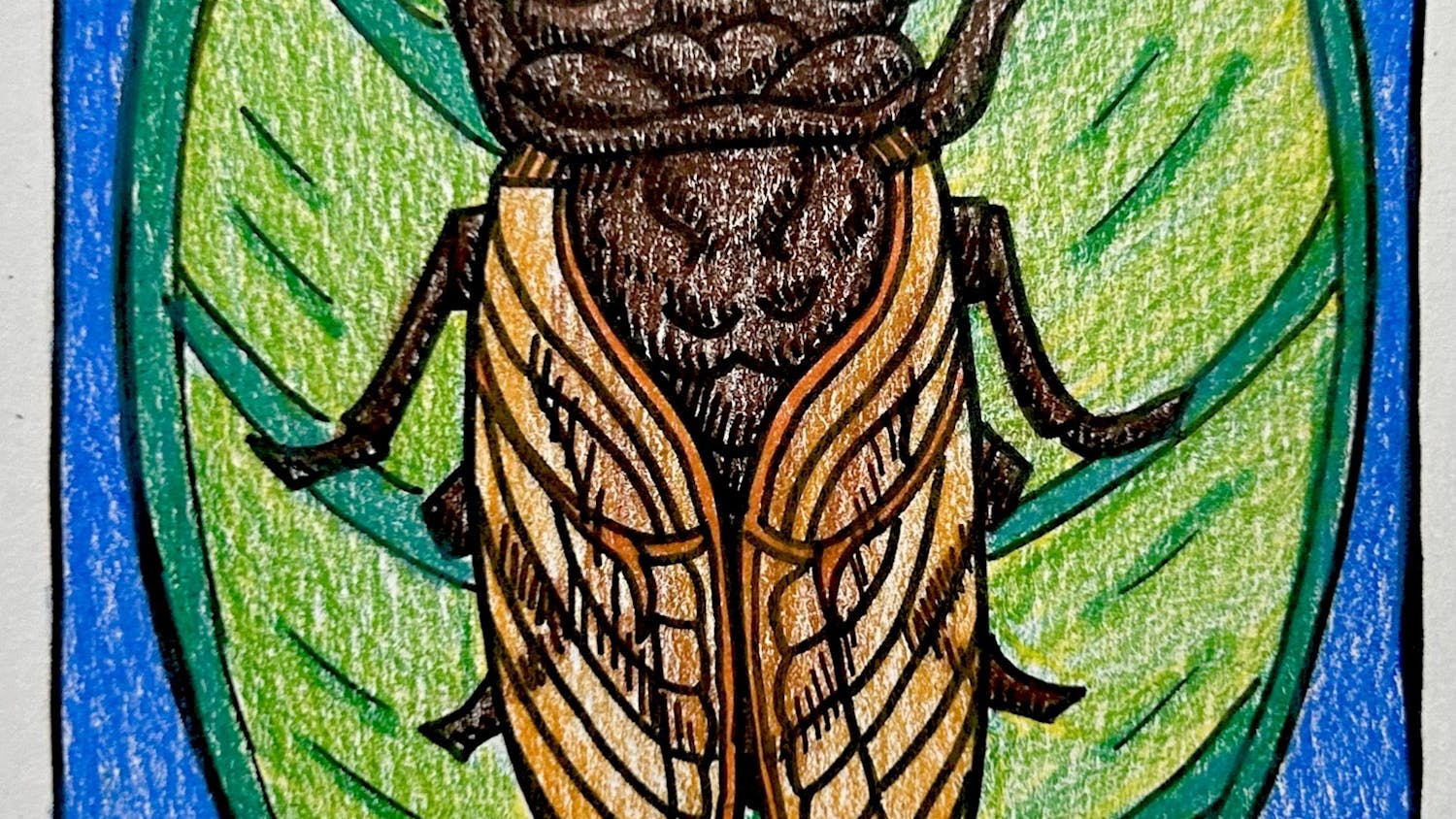Dear Ms. Scientist,
Why does drinking coffee cause me to pee so often?
–Laura P.
Great question; I’m sure many college students have experienced this. Caffeine is the active ingredient in coffee that makes you have to use the bathroom so much because of its effects on your kidneys. Your kidneys are filtration systems that take waste and water out of your blood to later become urine. Caffeine dilates the arteries that feed into your kidneys. As more blood is flowing past, it makes sense that more fluid will be filtered into the kidneys and fill your bladder up faster. This is why you feel the need to use the bathroom more often when drinking coffee, or any caffeine for that matter. We may be tricked into thinking that we are hydrated because we are urinating so much. The truth is, we are not. We are actually losing more fluid from our bodies than we should be which causes us to be dehydrated, much like if we sweat too much. Alcohol causes the same phenomenon, just in a different manner. Alcohol inhibits our kidneys from reabsorbing much of the water that they filter out, also causing our bladder to fill up faster.
Dear Ms. Scientist,
Why have food allergies become more prevalent in recent years?
–Alex H.
There are many theories as to why more children have food allergies, however none have been definitively proven. It is believed by many researchers that the cause of more allergies is our society’s higher use of antibiotics and hygienic practices. Bacteria have a very important digestive role in our intestines and differ from person to person. Studies have shown that some bacteria can prevent allergens that we ingest from reaching our bloodstreams. Overuse of antibiotics and less exposure to bacteria can remove or prevent us from having these beneficial bacteria in our microbiota (your body’s entire population of bacteria). Another explanation for the increase in food allergies is our progressively poorer diets that contain less components needed for a functioning immune system, such as vitamins and antioxidants. Although food allergies can be developed over time, they can also be hereditary. Due to both the ability of allergies to be passed from parent to child and the lessening of beneficial bacteria that we are exposed to, it makes sense that food allergies have noticeably increased among today’s children.





